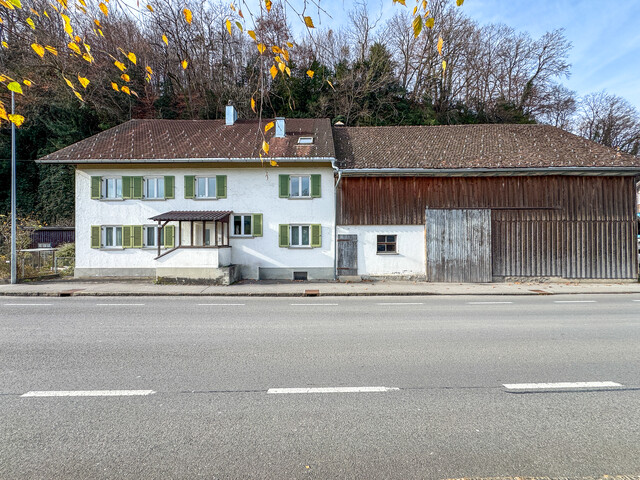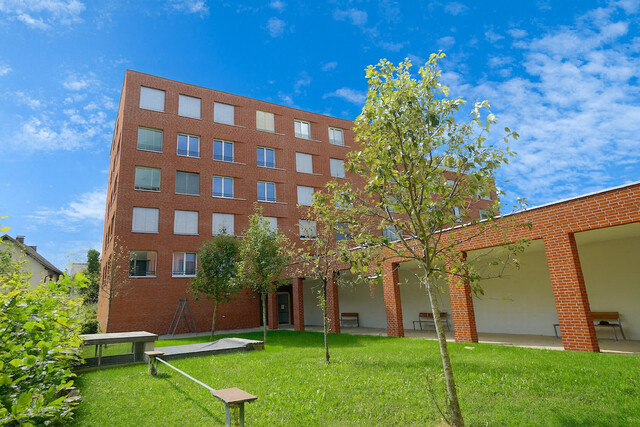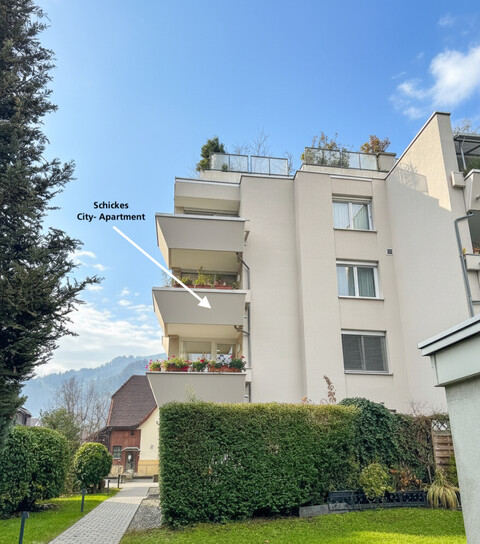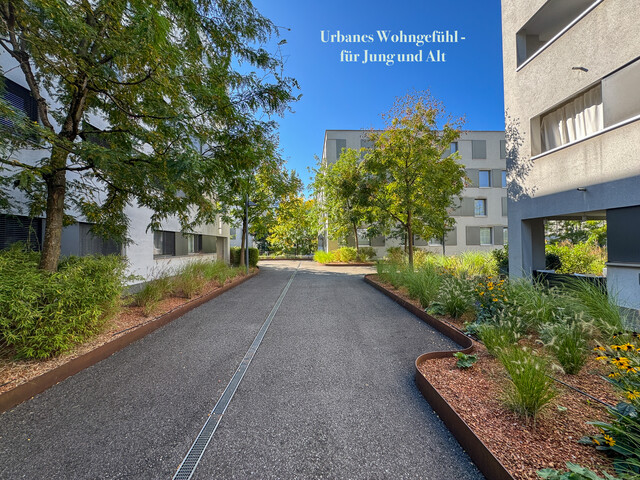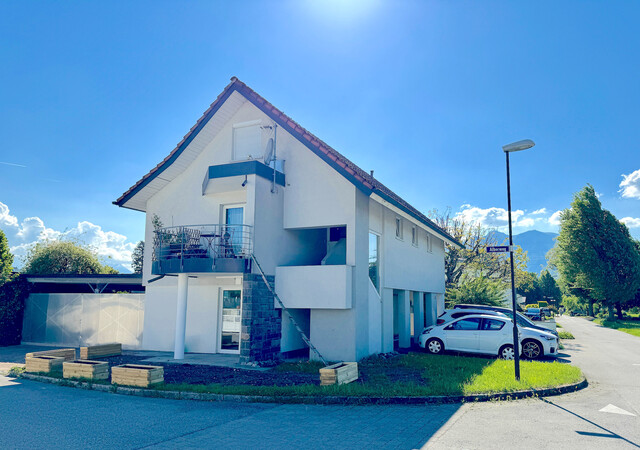"Big Move": Government Approves Rental Package
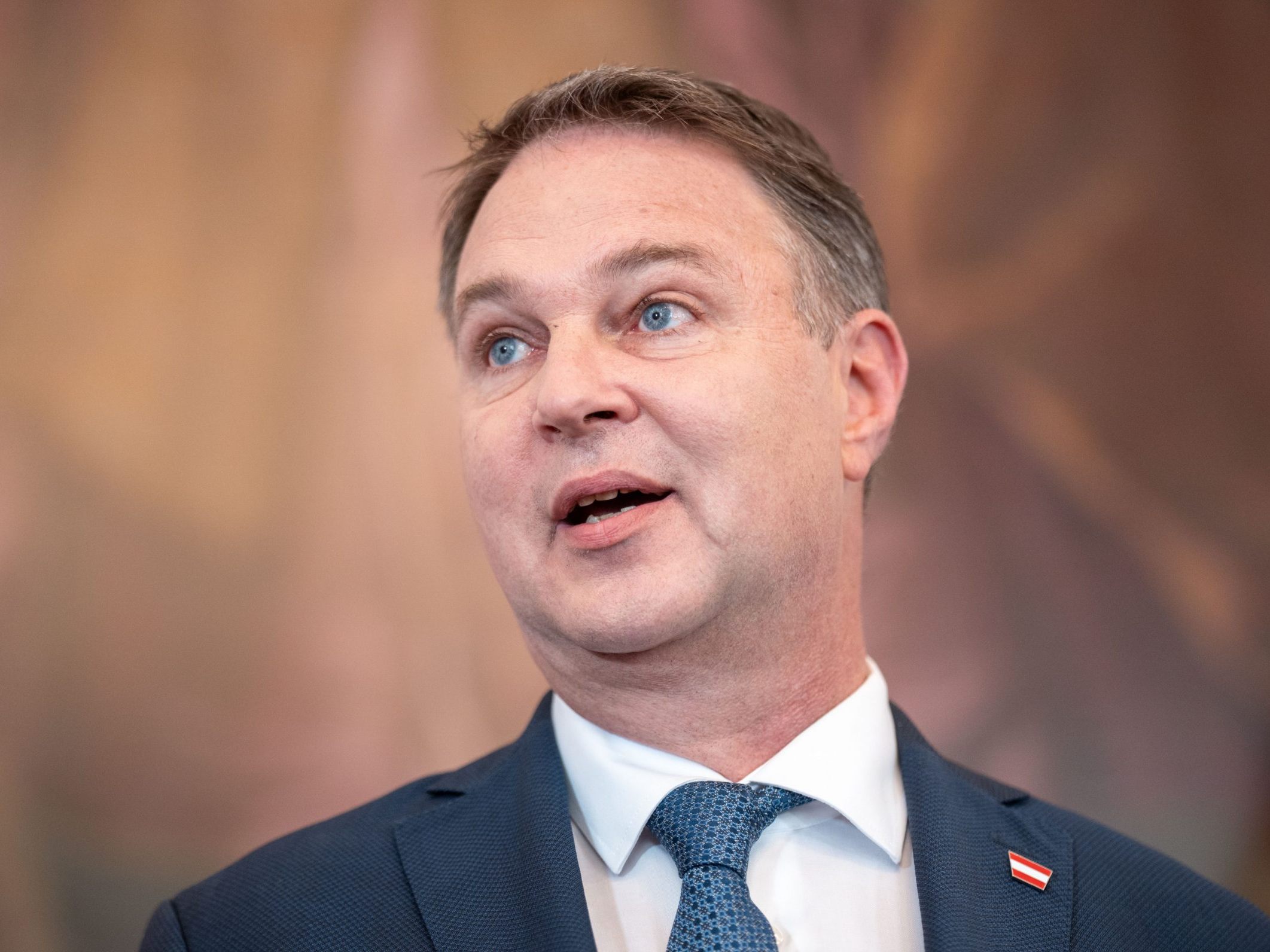
The federal government has agreed on a comprehensive rental package in the Council of Ministers. Through a new "Rent Value Protection Act", prices of unregulated rents will be intervened for the first time. As announced in the government program, the rent cap in the regulated sector will be extended and the minimum lease terms will be extended from three to five years. Vice Chancellor and Housing Minister Andreas Babler (SPÖ) called the package a "major breakthrough" after the Council of Ministers on Wednesday.
Rent Cap for Unregulated Sector to Come in 2026
The rent cap for the unregulated sector is set to come into effect in January 2026. Specifically, it will look like this: If inflation between two years exceeds three percent, the part of the inflation exceeding three percent may only be passed on to tenants of apartments by half. For example: If inflation is six percent, the rent may increase by a maximum of 4.5 percent. "This will protect millions more tenants from a price explosion during high inflation," said Babler. With the exception of single-family and two-family houses, the law will apply to all new and existing rental contracts.
In the future, a value adjustment may only occur once a year and at the earliest on April 1st. This is intended to prevent people from having to deal with rent increases several times a year. For apartment rents, the law is mandatory - unlike commercial rents, where there will be the possibility to agree on something different.
The price limits for the regulated sector will also be extended. In 2026, the approximately 600,000 benchmark and category rents, as well as all rents based on the "reasonable rent" - that is, for all apartments within the full scope of the Tenancy Act - may only increase by a maximum of one percent, and by a maximum of two percent in 2027.
Babler: "Keeping the Brakes Tightly Applied"
From 2028, the same conditions will apply in the regulated sector as in the unregulated: If inflation is over three percent, landlords may only increase rents by half of the inflation value above that. Non-profit housing associations that are not profit-oriented are exempt from this. "We are keeping the brakes tightly applied," said the Vice Chancellor, who did not hold back on praising the government's work: "Yes, we are starting the political autumn work with this major package against inflation".
For all rental contracts concluded or renewed from November 1, 2026, the minimum lease term will be extended to five years. "However, this does not apply to small, private landlords. That is, all those individuals who rent out less than five apartments," clarified ÖVP Economic Minister Wolfgang Hattmannsdorfer.
"Very important" is this exception to the stricter regulation also for Deregulation State Secretary Josef Schellhorn (NEOS). "What use is an affordable apartment if there are no incentives for it to come onto the market?" he asked. Future important steps also include debureaucratization for house renovations in rural areas. "In village structures, houses stand empty while construction is happening in the commuter belt," he criticized and announced "debureaucratization steps" for this autumn. Both Hattmannsdorfer and Schellhorn emphasized that the new law is "not a cap, but a brake."
OGH Ruling Sparked Discussion
A topic of discussion in the summer was an OGH ruling stating that value protection clauses in long-term rental contracts are generally permissible. With the rent price brake providing a clear legal regulation on how value protection clauses in rental contracts must be structured in the future, the uncertainty caused by unlawful clauses in the past is eliminated, it was stated in a media release on Wednesday. To draw a clear line here, the federal government has agreed that overpaid rents can only be reclaimed retroactively for five years from the enactment of the law, instead of up to 30 years retroactively as before.
Within the framework of an expert group, a proposal will also be developed on how the costs for thermal renovation and decarbonization of the building stock can be distributed fairly and socially balanced. A regulatory mechanism will also be developed to make the implementation of such measures economically more attractive than their omission. A corresponding proposal is expected in the first half of 2026. This is intended to advance the ecological renovation of the existing stock.
Rental Package Receives Positive Feedback
The rental package announced by the government, which now also intervenes in free rents, is receiving positive feedback from experts. For real estate market expert Wolfgang Amann, the mechanism is good "especially when it is clear to consumers that it applies to all rental relationships." The chosen level of the rent price brake is also "a balanced solution," said Amann in the "Ö1-Mittagsjournal" of ORF radio. The reactions from politics and business, however, were mixed.
As announced by the government today, the rent price brake for the unregulated sector is to come into effect in January 2026. Specifically, it should look like this: If inflation between two years exceeds three percent, the part of inflation exceeding three percent may only be passed on to tenants of apartments by half. A value adjustment may also only occur once a year in the future and at the earliest on April 1st. In the regulated sector, the rent price brake has been extended.
However, Amann does not believe that the new regulation will often come into effect. "I think it can be assumed that inflation rates significantly above three percent will be relatively rare." The aim of the regulation is rather to smooth outliers and avoid large jumps like in the years 2022 and 2023 in the future. Consumers should also be made aware that rents will not only rise moderately every year, but that in typical years with inflation up to three percent, nothing will happen at all, according to Amann.
"Definitely Too Few Building Permits"
Regarding the general state of the real estate market, Amann said, "there are currently definitely too few building permits," according to Amann. Especially in the commercial sector, not much is happening. This is partly due to cautious financing by banks and partly due to the mood among the population. People's purchasing power has increased, but the money is not being spent on large investments; instead, it flows mainly into gastronomy, tourism, or savings.
"Overall, there is a mood of uncertainty." This is harmful, especially when young people feel they cannot afford a property anyway, even though prices have remained stable in recent years or have even slightly declined for used properties. "Compared to people's purchasing power, real estate has become significantly cheaper," said Amann.
Mixed Reactions to Housing Package
The reactions to the housing package were very mixed. The union-affiliated Momentum Institute believes the announced rent cap does not go far enough and advocates for permanently limiting index increases to a maximum of two percent annually. In contrast, the economically liberal Agenda Austria is more concerned about landlords. "Landlords cannot commit to a contract for decades today because they do not know how much the rent cap will devalue their ongoing income in real terms over the next 30 years," according to Agenda Austria.
"Kowtow to the Real Estate Lobby"
The rent cap was sharply criticized by opposition parties. The Green Party's housing spokesperson Nina Tomaselli sees a "kowtow to the real estate lobby." "Given that inflation has only risen above three percent four times in the last 25 years, this so-called 'cap' is simply a cheap PR stunt," said Tomaselli according to a press release. The FPÖ also expressed dissatisfaction. "This rent cap will neither ensure affordability in the area of Wiener Wohnen nor really curb the development of free rents," said FPÖ construction spokesperson Michael Oberlechner.
For the Association of Austrian Project Developers (VÖPE), the cap is "defective." "The impact of the new rule for tenants is practically non-existent, but the economic damage to trust in the creation of affordable housing is enormous," writes the VÖPE. Additionally, the complexity of tenancy law will be increased. The Austrian Association of Real Estate Industry (ÖVI) also did not welcome the intervention in the value preservation of rents. Private landlords are thus unjustly held responsible for inflation.
Positive comments, on the other hand, came from the Arge Eigenheim and the Tenants' Association (MVÖ). "It is particularly important that WGG rents (rents according to the Non-Profit Housing Act) remain exempt from further caps," writes the Arge Eigenheim. This acknowledges that non-profits already offer affordable rents. The extension of the minimum term to five years is also pleasing. "The presented package will now, for the first time, offer more security to hundreds of thousands of households in the unregulated sector," said MVÖ President Georg Niedermühlbichler. The Chamber of Labour Vienna also sees the cap as an "important step for tenants in the fight against rising living costs."
(APA/Red)
This article has been automatically translated, read the original article here.
Du hast einen Hinweis für uns? Oder einen Insider-Tipp, was bei dir in der Gegend gerade passiert? Dann melde dich bei uns, damit wir darüber berichten können.
Wir gehen allen Hinweisen nach, die wir erhalten. Und damit wir schon einen Vorgeschmack und einen guten Überblick bekommen, freuen wir uns über Fotos, Videos oder Texte. Einfach das Formular unten ausfüllen und schon landet dein Tipp bei uns in der Redaktion.
Alternativ kannst du uns direkt über WhatsApp kontaktieren: Zum WhatsApp Chat
Herzlichen Dank für deine Zusendung.




